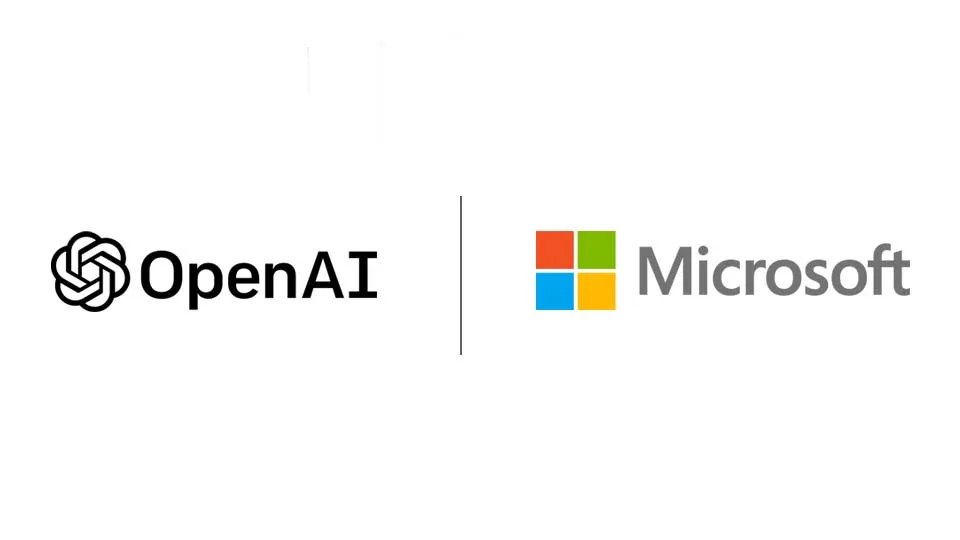Dyson, the British technology company renowned for its innovative household appliances, has announced plans to cut approximately 1,000 jobs in the UK as part of a global restructuring effort.
This move will reduce the company's British workforce by more than 25 per cent, affecting its operations across sites in Wiltshire, Bristol, and London.
The company, founded by Sir James Dyson in 1991, currently employs around 3,500 people in the UK out of a global workforce of 15,000. Chief executive officer Hanno Kirner explained the decision, stating, "We have grown quickly and, like all companies, we review our global structures from time to time to ensure we are prepared for the future. Dyson operates in increasingly fierce and competitive global markets, in which the pace of innovation and change is only accelerating."
Despite the job cuts, Dyson affirmed its commitment to maintaining the UK as a major research and development hub. The company's Malmesbury site will continue to house the Dyson Institute, where undergraduate engineers work on projects and study simultaneously.
The restructuring comes amid growing competition in Asian markets, where Dyson faces local rivals quickly replicating their products. This challenge partly influenced the company's controversial decision to move its corporate headquarters to Singapore in 2019, a move that raised eyebrows given Sir James Dyson's vocal support for Brexit.
Dyson has diversified its product range in recent years, expanding from vacuum cleaners to hairdryers, air purifiers, and even venturing into wearable technology with air-purifying headphones. The company has also expressed ambitions in robotics, aiming to develop household chore-performing machines by 2030.
As the company navigates these changes, Kirner acknowledged the impact on employees, stating, "cutting jobs is always incredibly painful," and promised support for those affected.
Latest News
-
BAE Systems launches UK tech incubator scheme
-
Morrisons to launch real-time engagement tech across stores
-
Crypto exchange Gemini to cut workers, exit UK, EU and Australia amid market slump
-
Anthropic unveils Claude Opus 4.6 as enterprise AI race intensifies
-
Government to collaborate with Microsoft on deepfake detection framework
-
50% of firms will rehire staff laid off due to AI by 2027, predicts Gartner
The future-ready CFO: Driving strategic growth and innovation
This National Technology News webinar sponsored by Sage will explore how CFOs can leverage their unique blend of financial acumen, technological savvy, and strategic mindset to foster cross-functional collaboration and shape overall company direction. Attendees will gain insights into breaking down operational silos, aligning goals across departments like IT, operations, HR, and marketing, and utilising technology to enable real-time data sharing and visibility.
The corporate roadmap to payment excellence: Keeping pace with emerging trends to maximise growth opportunities
In today's rapidly evolving finance and accounting landscape, one of the biggest challenges organisations face is attracting and retaining top talent. As automation and AI revolutionise the profession, finance teams require new skillsets centred on analysis, collaboration, and strategic thinking to drive sustainable competitive advantage.
© 2019 Perspective Publishing Privacy & Cookies









Recent Stories